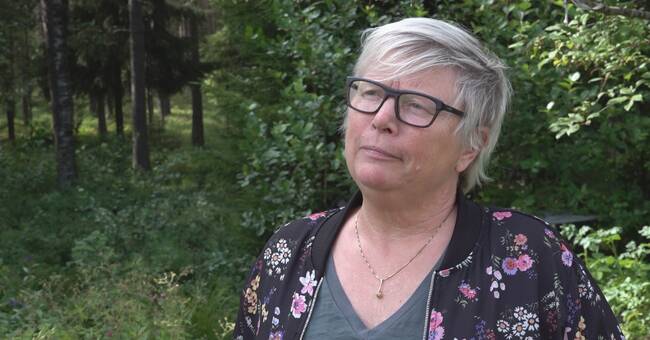Last year, the trade union Kommunal and Sweden's municipalities and regions signed a new agreement which, among other things, means shorter working hours for people who work at night.
In April 2022, new schedules will be introduced at all workplaces within elderly and individual care in Umeå municipality, which will make it possible to shrink the night workers' passports from ten hours to eight.
"Harder to get life together"
In many municipalities the term "health schedule" is used for the reduction of working hours of night shifts and in many municipalities the introduction of these schedules has aroused criticism and protests.
In Lycksele, there has been a lot of debate during the spring about the changed working hours.
Kommunal in Umeå also criticizes the schedule model even before it is introduced on a broad front in Umeå.
- We at Kommunal see nothing healthy in this, but rather the opposite.
This is a paraphrase for something that is unhealthy: It will lead to more, shorter work shifts, more resource shifts and more difficult to get life together in general for people who work within the municipality, says Ethel Henriksson, chairman of Kommunal in Umeå.
"Poorer recovery"
Henriksson is in favor of a reduction in working hours, but believes that more money needs to be added in order for it to be implemented in a healthy way.
Now the night workers will have to work more shifts each schedule period, which leads to a poorer recovery according to Ethel Henriksson.
She also predicts that the number of shared trips and weekend shifts for all care staff will increase, so that the schedule will go together.
"A reduction in working hours must cost, care must cost" - hear Kommunal's chairman about the change in the video above.

